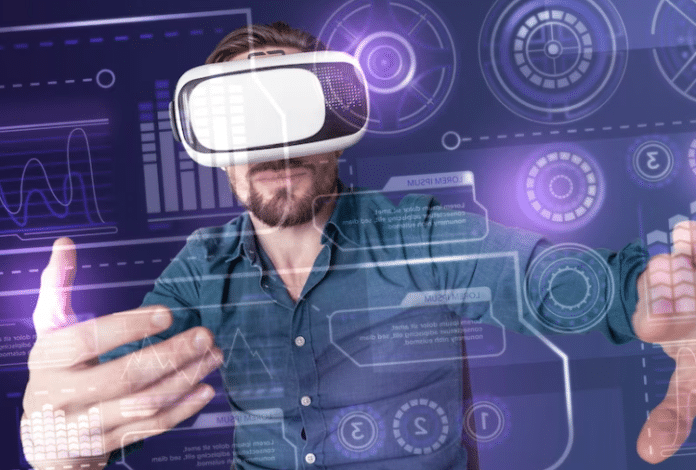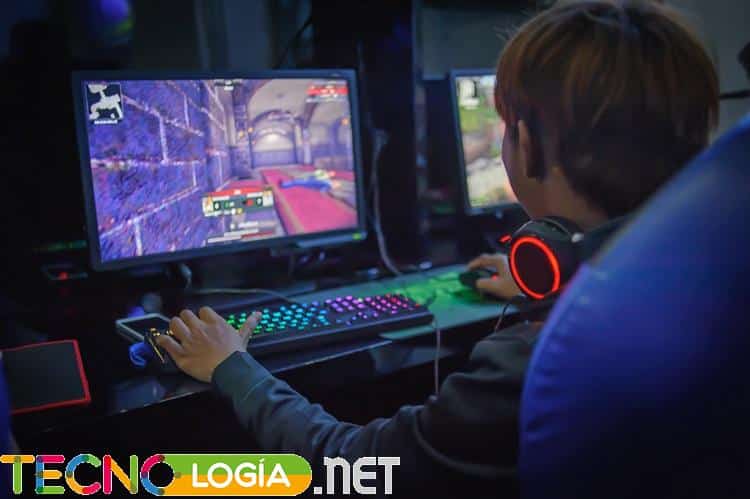In the digital age we live in, technology continues to blur the lines between reality and fiction. Just a few decades ago, the idea of immersing yourself in a virtual world was exclusive to science fiction novels or Hollywood movies. However, virtual reality (VR) has ceased to be a mere fantasy and has become a tool that is transforming countless aspects of our daily lives. One of the areas most influenced by this technological revolution is that of human relations.
It is undeniable that social media and dating apps have changed the way people connect, meet, and maintain relationships. With the rise of VR, we have started to see developments that take these connections a step further. Find your ideal partner It's no longer just swiping on a screen or exchanging text messages. Now, you can experience a virtual date, walking next to someone on a digital beach or dining under a computer-generated starry sky, all without leaving home.

But what implications does this have for the future of human relationships? For starters, VR has the potential to eliminate geographic barriers. People will no longer be limited by distance, being able to interact with individuals from anywhere in the world as if they were in the same room. This could lead to greater diversity in relationships, as people connect with others from different cultures, backgrounds and life experiences.
However, there are concerns about how RV could affect the quality of our interactions. Some argue that by allowing ourselves to interact in virtual spaces, we could lose the ability to connect in the real world. Eye contact, touch, and other subtleties of human communication may be compromised, affecting our ability to make deep, meaningful connections.
However, there are also those who see opportunities in these new ways of relating. We could, for example, improve our communication and empathy skills by exposing ourselves to virtual situations and environments designed for this purpose. Couples therapies could be carried out in virtual settings, allowing couples to address conflicts in controlled and constructive environments.
Additionally, VR could be an essential tool for those who have difficulty socializing, such as those with sleep disorders. Autistic spectrum or social anxiety. Through virtual scenarios, these people could practice social interactions in a safe and controlled environment, preparing to face similar situations in the real world.
It is evident that virtual reality is redefining the rules of the game in terms of human relationships. While there are legitimate challenges and concerns, there are also endless possibilities waiting to be explored. As a society, we must approach these changes with an open mind, ensuring we make the most of the opportunities that VR brings, while remaining alert to its potential downsides.
As we move into the future, it is clear that the intersection between technology and human relationships will continue to be a central theme in our lives. The challenge will be how to balance convenience and innovation with the depth and authenticity of our interpersonal connections. Virtual reality certainly has the potential to change the face of our interactions, but it is up to us to determine whether it will be for the better or worse.

Expert in SEO/SEM and communication on social networks.
CEO at tecnologia.net and passionate about everything related to technological progress






